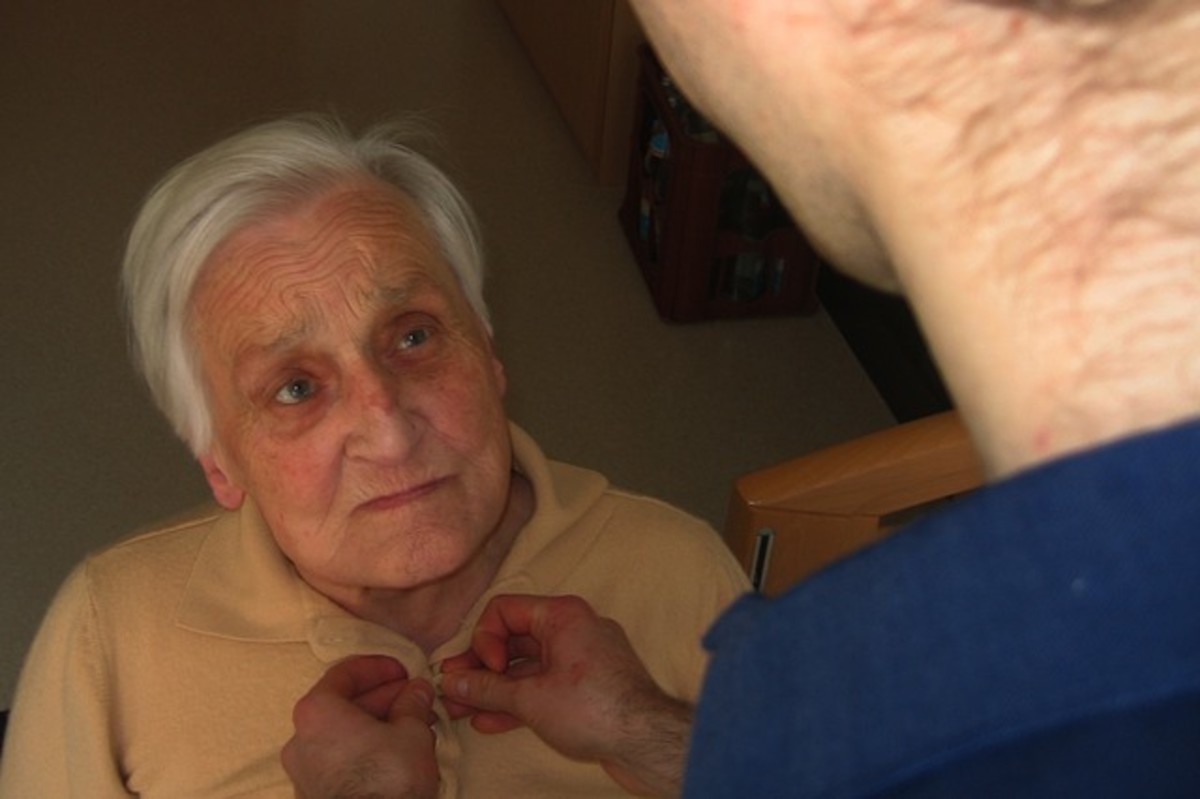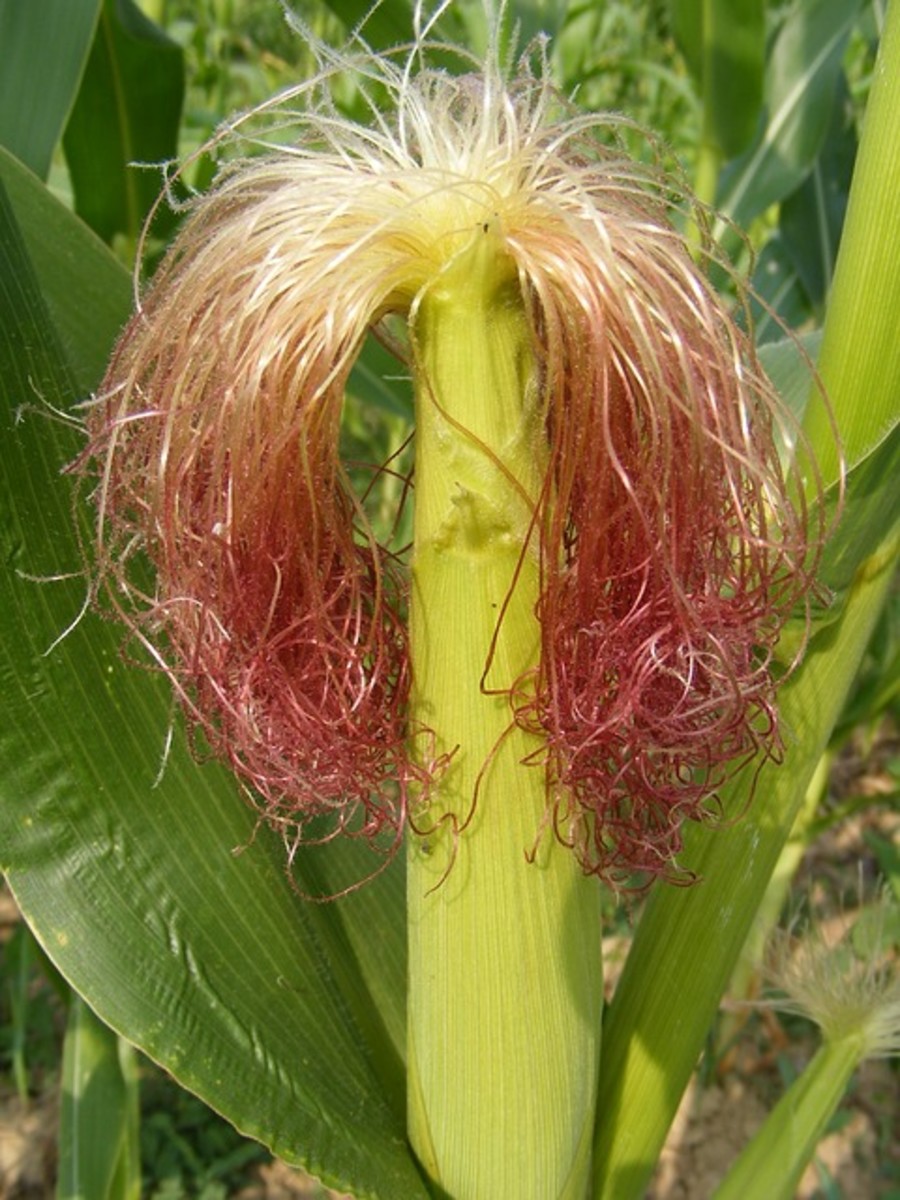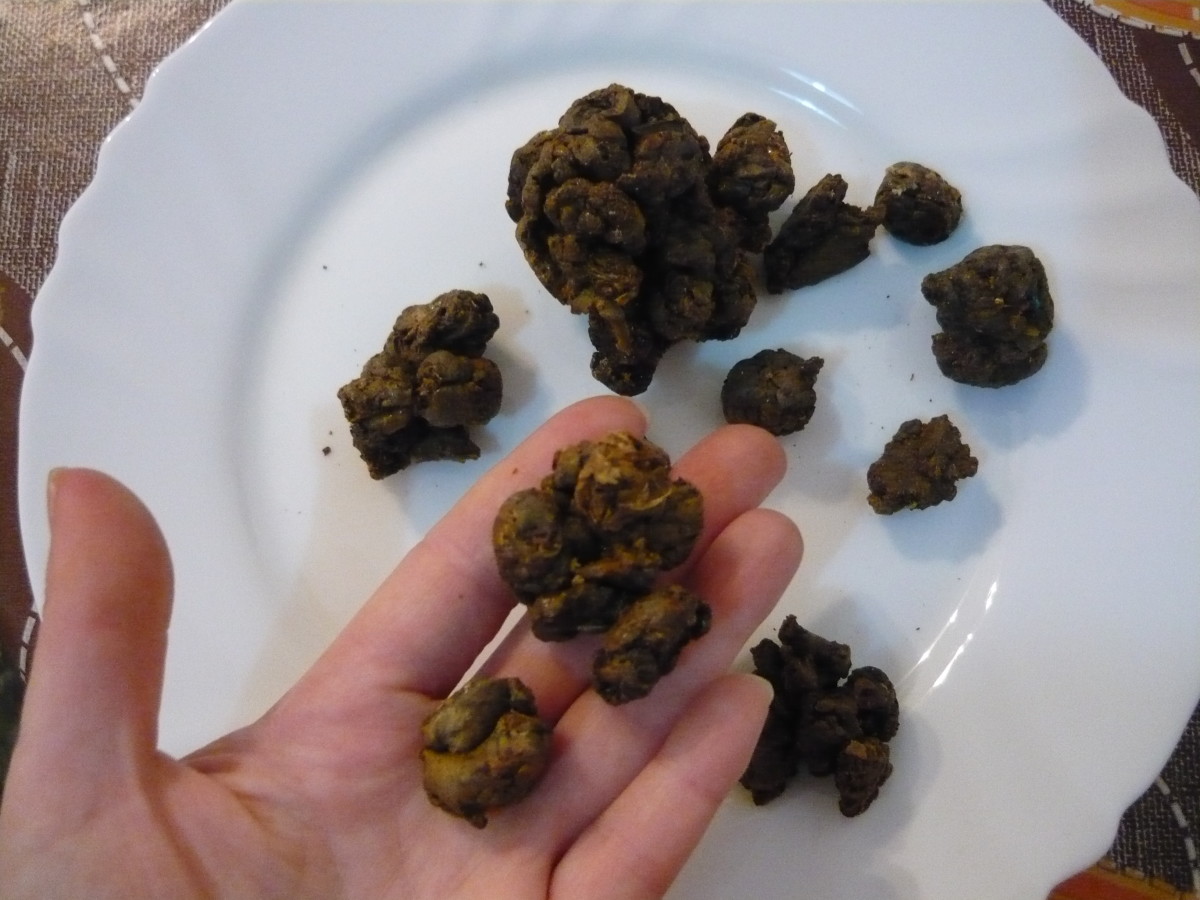The Origins of Naturopathy

Naturopathy is the study of the ability of the body to heal itself [1]. Naturopathic medicine is the combined or eclectic practice of healthcare and medicine which is united by the central principle of the healing power of nature [1]. Prehistoric people believed that disease was caused by magic or supernatural forces like devils or angry gods [2].
Natural medicine traces its philosophical roots to the Hippocratic school of Medicine (circa 400 B.C) and over the centuries, natural medicine and biomedicine have alternately diverged and converged and constantly shaping each other often in reaction [2]. Hippocratic practitioners assumed everything in nature had a rational basis and thus the role of the physician was to understand and follow the laws of the universe [2].
The term Naturopathy began with the concepts and teachings of Benedict Lust [2]. Naturopathy pertains to “nature cure” which employs a concept of healing relying on natural means to treat infirmaries and disease [2]. The earliest mechanisms of naturopathy as utilised by Lust involved the combination of hygienics and hydrotherapy [1]. In summary, the word Naturopathy stands for the reconciling, unifying and harmonising of nature and humanity [2].
Throughlut the 1600s, the theory of vitalism was the basis to explain disease versus the Newtonian concept that viewed the body as a machine with various parts or organs and disease was understood to be a mechanistic disruption and explained in mechanical terms[2].
The evolutionary history of naturopathic medicine requires us to view the internal development of the profession against the social, historical and cultural backdrop of American society history [2]. The physician altered from the view as heroic interventionist to a gentle supporter of the patient’s healing process as it is the patient that does the healing according to J.Bastyr’s theory [2].
The Chronology of Development of Natural Medicine
Medicine began in the 1800 to 1875 as primarily domestically oriented and relied upon William Buchan’s Domestic Medicine (1796) [2]. Before 1989, naturopathic medicine was defined by its therapeutic modalities [1]. There were several different definitions but none that acted to unify the profession [1]. In the United States licensing, a naturopath was defined as someone who treats and cares for patients using a practice system that bases treatment of physiological function and abnormal conditions on natural laws that govern the entire body [1]. It involved the physiological and mechanical methods like air, water, light, heat, earth, phytotherapy, food abd herbal therapy, hydrotherapy, psychotherapy, physiotherapy, minor and orificial therapy, mechanotherapy, naturopathic corrections and manipulations and natural methods together with natural processed foods and herbs and natural remedies [1]. This emphasis on modalities contrasted to the philosophy-based approach that defined the profession in the early part of the twentieth century [1]. However with the rise of industrialised medicine and subsequent decline of traditional and alternative disciplines , the profession’s ability to consistently voice its philosophy is weakened [1].
It wasn’t until 1986 when the American Association of Naturopathic Physicians (AANP) , a newly revived professional association created a new unifying definition of naturopathic medicine [1]. The general agreement that came to pass was that the profession was unified by philosophy and not modalities and there are six principles upon which the profession generally agreed [1]. Thus the new definition of naturopathic medicine is a distinct system of primary health care; an art, science, philosophy and practice of diagnosis, treatment and prevention of illness and whose diverse techniques include modern and traditional, scientific and empirical methods [1].
Furthermore, it became more apparent that there were limitations of modern medicine or scientific medicine which listed that germs were the vectors of disease and whilst the introduction of antibiotics have been an effective treatment for many infectious diseases, its often single organ, mechanistic approach to treating illness inhibits consideration of the body-environment interaction of the body as a whole entity [2].
Can Naturopathy play a part on the estimation of life expectancy? Discuss.
Naturopathy can play a part on the estimation of life expectancy because in naturopathic medicine, not only does the naturopath aim to treat illness, they also emphasize the study of health as well as disease [1]. Thus, the prevention of disease and the attainment of optimal health in patients are primary objectives of naturopathic medicine [1]. If one were to follow the methods of maintaining optimal health be it physical, spiritual and mental, one can then prevent illness and thus promote a longer and healthier life and life expectancy.
In recent years, the health profession has begun to realise that changes need to be made in the type and quality of healthcare that is provided to the community as well as its distribution and cost [2]. While allopathic medicine knows a great deal about helping people during acute illness and how to respond and treat catastrophic illness and massive trauma, there is little known and on what to do about chronic diseases like hypertension and insomnia, diabetes, arthritis, alcoholism and mental illness that already afflicts and will increasingly afflict our aging population [2]. Hence, it is more important than ever to increase our efforts at preventing illness and promote health [2].
“Recently the Naturopath profession has begun to mature”
The modern naturopath walks a fine line between the two following paradigms; the scientific and the traditional knowledge [1]. The basic difference is that in naturopathic medicine, it is not the doctor that does the curing but the patient [2]. Naturopathic doctors aim to [2]:
- Arrest the progressive destruction of tissues
- Maintain and restore normal function
- Diagnose and treat the cause
- Assist the body in its own efforts of healing
- Assist the patient in establishing a healthy lifestyle and nutritional balance
- Cause little or no side effects to the person or the environment
Everyone is in search of better health [2]. There is still much work to be done and the naturopath of the 21st century will need a science-based education to be credible and not continue to rely on empirical-based medicine [2]. And it is only through scientific research on how and why a proven remedy has worked in the past and higher based learning will Graduates of the naturopathic studies be fully equipped to meet the challenges of the New Millennium [2]. There needs to be a combination of biomedicine backed by the tenets of naturopathic philosophy to ensure the validity and credibility of the naturopathic profession.
REFERENCES
1) Terry Robson, An Introduction of Complementary Medicine, Chapter Three,2003, Allen and Unwin
2) Health Schools Australia, The History and Philosophy of Natural Medicine, pages 1-27, 2014











